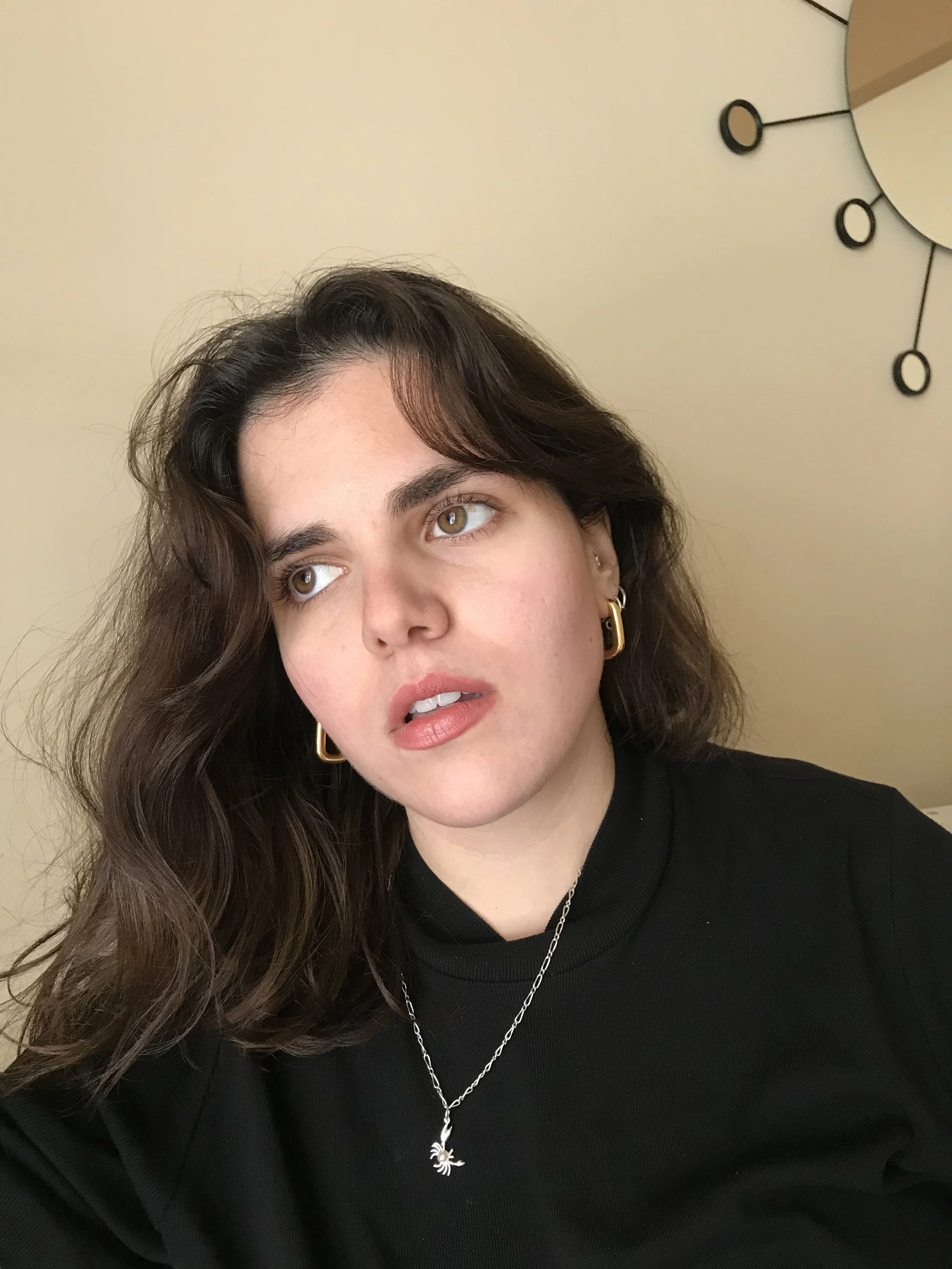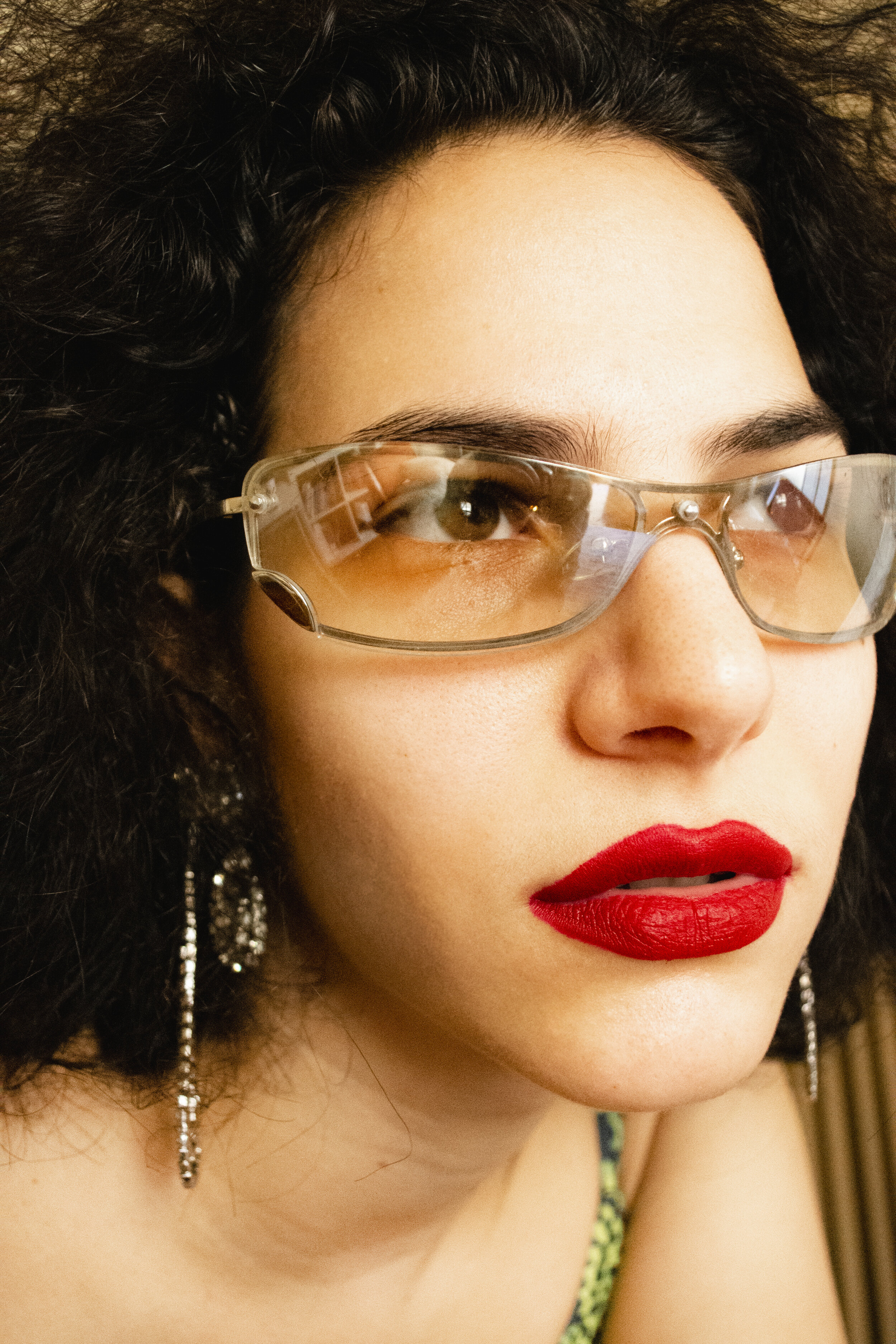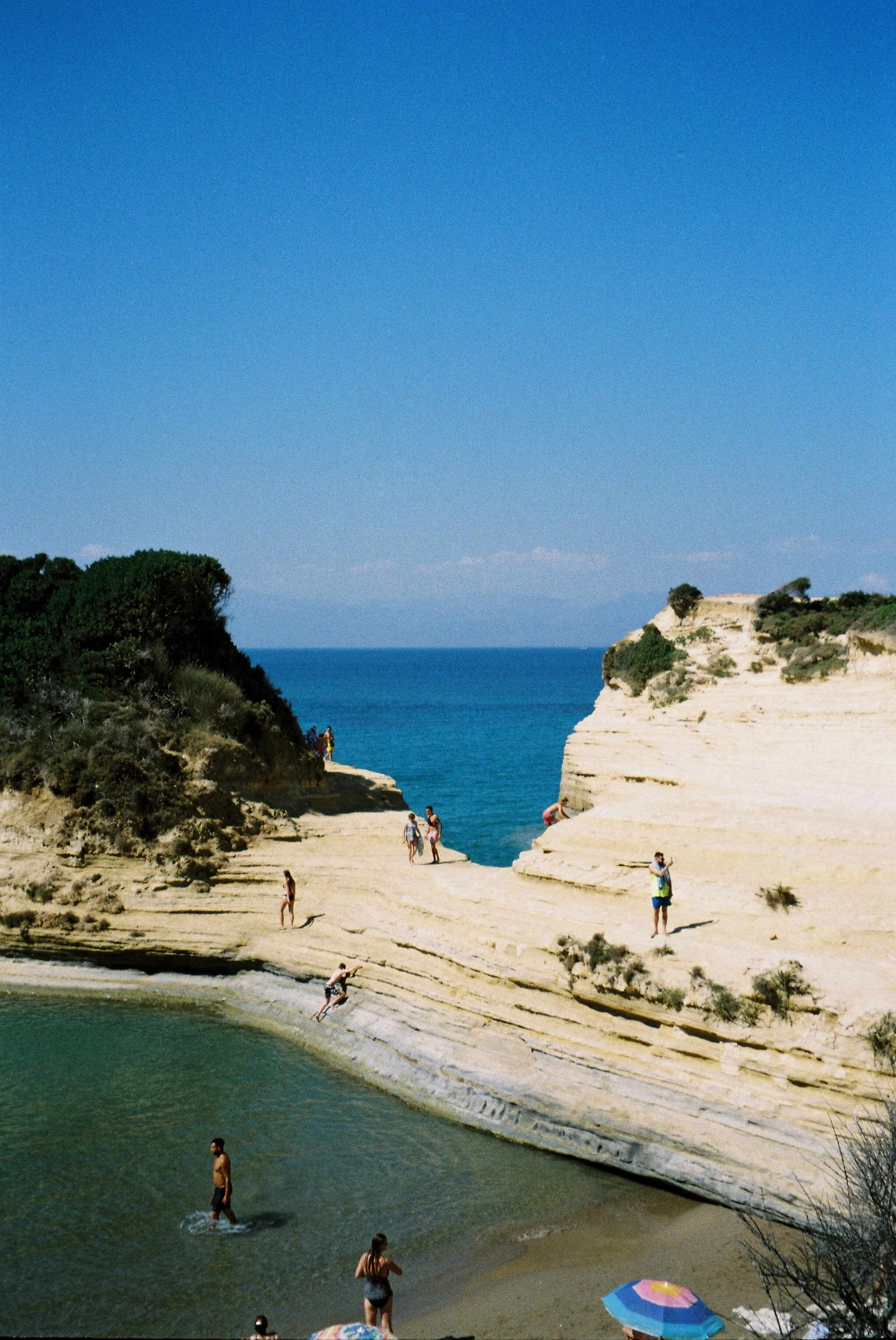Iliana Michali
How did you first become interested in photography and when did you realise that this was about to turn into a life-long affair?
My first encounter with photography was at 15, when I bought my first camera. I understood that I was keen on that when I started staring at fashion photographs from the 90’s. I was wondering if I could become capable of shooting in that outstanding way. I realised the real importance of photography for me at 18, thus I decided to study arts.
Tell us a bit about the key elements that helped shape and eventually define your distinctive style.
I would say that the natural light and the grunge aesthetics have shaped my work a lot. Moving to Athens brought me closer to street photography and its immediacy. Juergen Teller has always been a great influence, too.
You live in Athens, a city of explosive contrasts and profuse stimulation. How has this impacted your life and worK?
Athens helped me come closer to chaos and nearly accept it. Being constantly on the move urged me to grow faster both as a person and as an artist. Also, I could say I feel less intimidated now that I have experienced life in a huge city.
What, in your opinion, makes a contemporary artist stand out in terms of their cultural and societal footprint?
Contemporary artists, nowadays more than ever, need to connect closely with their art’s societal context. I guess society expects artists to be capable of dealing with the crisis that we’re now going through. We have to be aware of and honest about our cultural contribution and then that will become quite obvious to anyone else out there.
How do you envision yourself in a post-pandemic environment?
More carefree. I would like to travel again as I miss the inspiration I could draw from the travelling experience. Hopefully, I will be more determined with regard to different artistic goals that I’m probably putting on hold right now. I will be grateful for my freedom.
What brings out the best results in your work? Momentary sparks of inspiration or deep commitment to your professional routine?
Hmm... I would say both, but I’m inclined to choose the deep commitment to my professional routine. You have to be consistent with your vision. Momentary sparks are brilliant, there has to be, however, significant organisation behind every project. It takes so much practice to have great results in your work and you should doubt yourself quite often in order to evolve.
We live in a time of intensive self-presentation. Interviews, resumes and statements of intent, all give away our daily need to properly showcase and curate ourselves. Everybody does it, from public figures to professionals of any kind. How does this newly established “necessity” make you feel?
Quite anxious. It is pretty exhausting to have to focus not only on your work but on your “image” too. Sometimes, it is dangerous ‘cause it distracts you from your ‘actual’ work. However, I’m trying to accept that everyone needs new ways to stand out and get noticed. It is part of the game but we do not have to take it really seriously.
What is the most irritating question you’ve ever been asked?
“Cοuld you make me look like a model?”
What question would you have liked us to ask you and what would be the answer?
Probably I would like to be asked whether I have regretted turning my hobby into a profession. Sometimes, you feel exhausted or not good enough and you wish you had chosen something else to do for a living. The creative process is not always pleasant when you have to think about money. So, I would say that I have mixed feelings about it.
Have you faced any challenges while trying to establish yourself professionally and if so, which coping mechanisms helped you battle those challenges?
I’m still struggling with that. Greece is not always welcoming to new talents. There are so many older artists in the industry who try to live from their art. So when you’re young, most people will not take you seriously. They will treat you as a hobbyist. Not being able to make ends meet as an artist is disappointing. When that happens, I try to remind myself that my relationship with the arts is a life-long affair and a conscious choice, so I stand as close to myself as possible and try to do my best. Compromises could lead you to unhappy places.










